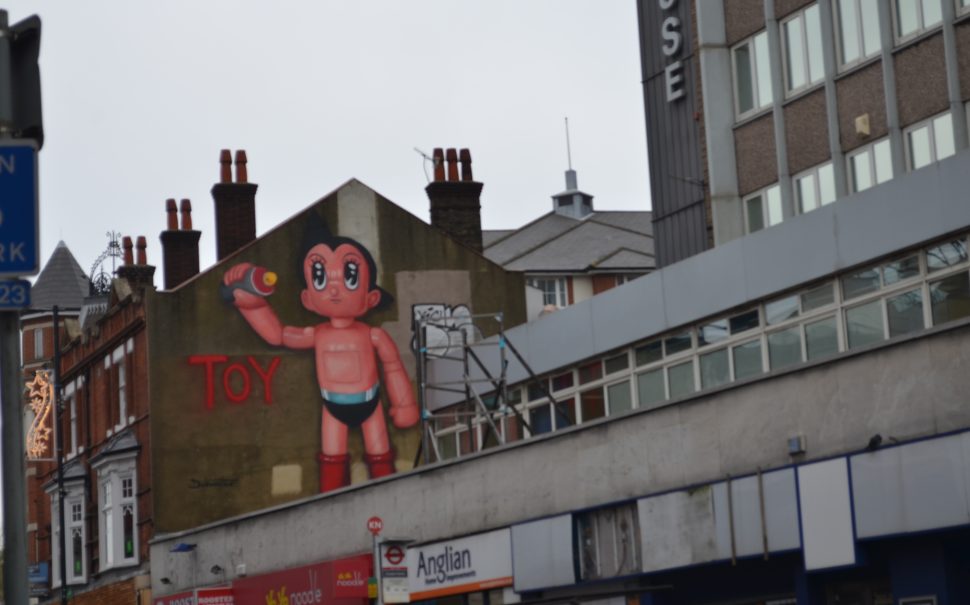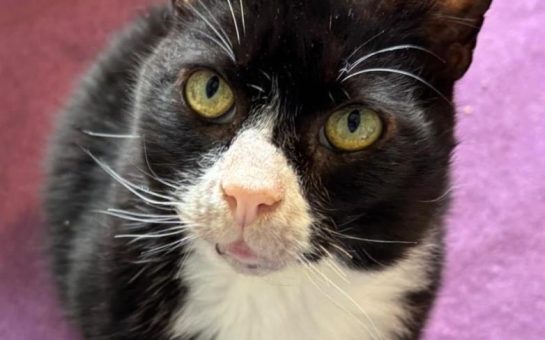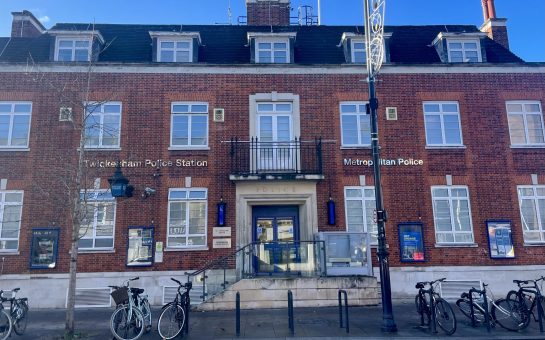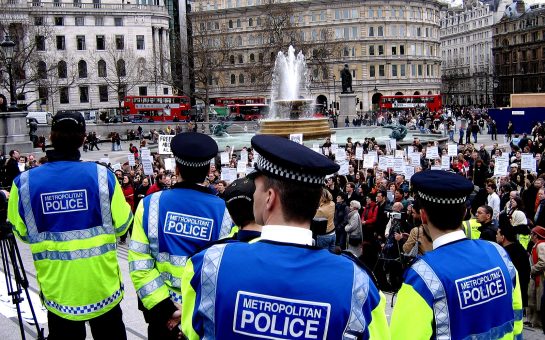Out of nearly 400,000 cases of domestic abuse in London in the past four years, only one in ten led to positive outcomes like a charge, caution or penalty notice, Met Police data suggests.
Just under a quarter of domestic abuse counts from 2020 to 2024 were categorised as ‘domestic violence with injury’.
However, it is estimated less than a quarter of domestic abuse crime is reported to the police, the National Centre for Domestic Violence suggests.
Ikram Dahman, Interim Director of Fundraising, Policy & Communications at women’s charity Refuge, said: “Violence against women and girls is at epidemic levels.
“One woman is killed by an abusive partner or ex every five days in England and Wales.”
Many victims of domestic abuse cite insufficient resources as a problem in receiving help and reporting instances of abuse.
Croydon had the highest number of domestic abuse counts of any London borough this year, with less than one of ten alleged perpetrators facing consequences.
Croydon has had nearly 4,000 incidents reported to the Met in 2024, making up more than 5% of the total number in London, and has consistently had the highest number of reported domestic abuse counts since 2020.
The worst area in Croydon over the four years was Croydon Broad Green, with 1375 offences reported, equalling 80 offences per 1000 people.
There were also six incidents of domestic abuse homicide in the borough, of which four of the victims were women, and two of them were men.
Croydon is the most populous of London’s boroughs, sitting at 360,000 in 2021, but this year its total number of domestic abuse offences per 1000 people was 10.2, putting it joint highest with Tower Hamlets.
However, Met Police data only provides an insight into a wider trend of domestic abuse offences, as many women say they experience barriers reporting abuse, and many say women do not report to the police.
It is therefore likely there are many more undocumented cases of domestic abuse than shown in this data.
Financial abuse in London – Jill, Tower Hamlets
A common form of domestic abuse is financial abuse, in which an abuser controls and prevents access to money, and runs debts or takes out loans in someone else’s name.
Jill*, 49, a mother of two from Tower Hamlets, was in an abusive relationship for 21 years as a victim of financial and emotional abuse.
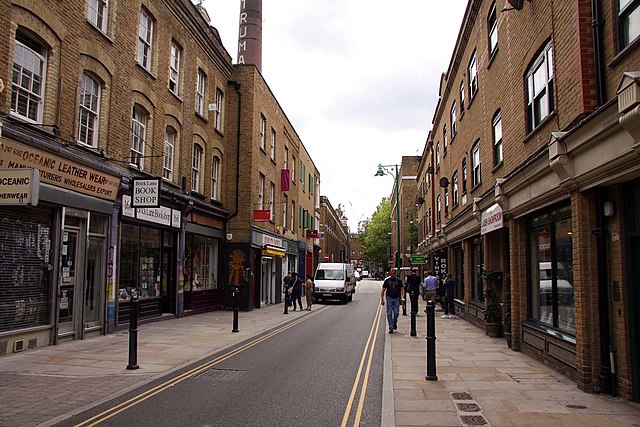
Jill found out in 2020 her husband had been putting things in her name for almost the entirety of her relationship, committing fraud.
She said: “Those were the hardest times of my life – I was suicidal.”
Jill is now homeless, living with nearing £70,000 to £80,000 in debt, that she says is not money she should owe.
At one point, Jill was facing a £30,000 fine and prison time for not having a license to rent her flat and for overoccupancy, which she thought was empty, until it turned out her husband had had people staying in it without her knowledge.
Plus, despite reporting her abuse to the police, she said she faced victim blaming and inadequate support and claimed the police told her she shouldn’t have given money to her partner in the first place.
Jill said: “He told me he was going to commit suicide if I didn’t help him out financially.
“What was I supposed to do? The police haven’t even had a conversation with him.
“The worst thing I did was call the police, because it’s just left me in a worse situation.
“Going to the police is wasting your time unless they put their hands on you and you’ve taken photographs, or you’ve got bruises and broken bones, they aren’t really going to do anything”.
Jill said on some occasions the police told her she was a victim of “coercive control” and “domestic abuse”, but other times was told this was fraud, a civil case.
Jill said she approached Action Fraud, who after nine months said they would not deal with her situation as it was a criminal case.
Action Fraud said it is a reporting service and does not have investigative powers and reports made to Action Fraud are sent to the National Fraud Intelligence Bureau (NFIB), run by the City of London Police, for assessment.
After this, Jill said she returned to the police, who said it was a civil matter.
She said she has also been turned away from many support organisations because of her debt, and signposting to these organisations does nothing.
She said: “I don’t see the point in going to the police or to charities, because in my experience, no one’s helped.”
Jill said she’d advise any victim of domestic abuse to instead start putting money aside and make an escape plan.
Kevin Southworth, Head of Public Protection for the MET Police, said: “Domestic abuse is one of the most complex and sensitive areas the Met investigates and we are committed to tackling it.
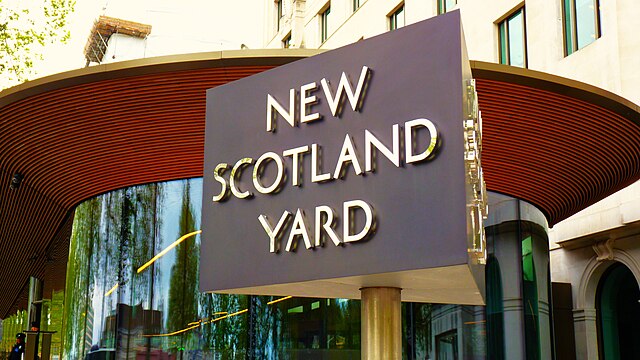
“Our teams are working with partners, charities and community groups to build confidence in all of our communities and create opportunities for victim-survivors to report these awful crimes and get the support they need.”
The MET also launched its Violence against Women and Girls (VAWG) Action Plan in December 2023.
The Crime Survey for England and Wales estimated over two million over 16s experienced domestic abuse in the year ending March 2023, 70% of which were women.
Emotional, physical and sexual abuse – Caroline, Hackney
Caroline* lived in Hackney during a three-year relationship with her ex-partner, which she said was emotionally, physically and sexually abusive.
The 31-year-old said there needs to be a change in what people consider to be domestic abuse, as she said she finds herself justifying how her relationship was abusive.
She said: “Domestic abuse isn’t just about bruises.”
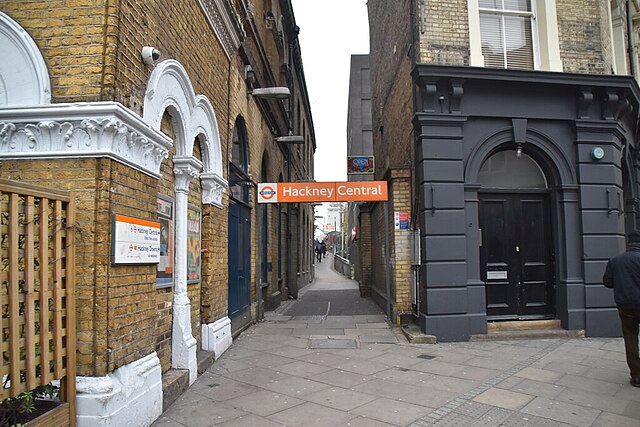
Caroline said she called the police who told her her ex-partner would be arrested, but then she heard nothing for a month.
She said: “I was absolutely terrified, thinking, ‘oh, my God, has he been arrested?’
“’Where is he now, does he know I’ve reported it?’
“They just wouldn’t talk to me.”
Caroline said she called 111 and went to a police station for an update, but she was not told anything.
She said she finally confronted the police when officers were delivering a talk at a public event in Hackney, when she stood up and demanded to know what was going on.
Her ex was arrested the next day but Caroline claimed they forgot to put on his bail conditions he wasn’t allowed in the Borough of Hackney, and she had to remind them.
She has since tried to get compensation.
Caroline said: “They don’t apologise, and the only punishment for their failures is they give officers “’reflection time.’”
Caroline then took him to court for coercive control, but he was found not guilty.
Caroline said the judge deemed her to be unreliable, as she’d taken eight months to report the crime.
She said she was also told she couldn’t have been as controlled as she said she was, as she still had a career.
Caroline said her ex played on her vulnerability at the beginning of their relationship.
She said: “I trusted him, and I stopped talking to my friends, I stopped talking to my family.
“And then you haven’t got anyone left.”
Financial and emotional abuse – Naomi, Essex
Naomi*, 48, from Essex, is a victim of coercive behaviour and financial control by her ex-partner.
Like Caroline, Naomi said her relationship seemed fine initially, but that she was love-bombed and their relationship moved too quickly.
Later, Naomi found her partner had put GPS trackers on her car, recording bugs around the house and was monitoring her bank accounts.
She said he also began to bully her autistic son.
She said: “My ex said he was doing all this crazy stuff to me because he was so insecure that I would leave him one day.”
He once threatened to throw acid in her face, and tried paying off someone to punch her and break her nose and jaw after she left him.
Naomi now has a restraining order.
She said: “I’m too petrified to ever get involved with somebody again.
“He sort of robbed my life – he affected my children, he affected me financially.”
She said it was impossible for her to reach out to local organisations for help online as her partner monitored her internet use and had all of her passwords.
Naomi instead called for access to support services to be centralised in an easily-disguisable government-run app, which she feels be more helpful for victims of domestic abuse.
She also said educating schoolchildren about healthy relationships and red flags to look out for could be beneficial in preventing domestic abuse.
Caroline said a London central support hub is needed to better help victims of domestic abuse, as it’s currently too complicated for victims, who are already vulnerable, to get help.
She said: “We need a one stop shop kind of hub where you have one person who manages all of the different organisations for you and who know the law and what you’re entitled to.”
Refuge’s Ikram Dahman said: “Currently, the VAWG sector is experiencing chronic underfunding, leaving many vital services at breaking point.
“If the Government is serious about tackling VAWG, we need to see long-term, dedicated funding for services to ensure women and girls can access lifesaving support when they need it.”
Dahman said intersectionality also affects victims of domestic abuse, as women from minority backgrounds are less likely to receive support and so they need ring-fenced funding and ‘by and for’ organisations.
If you are experiencing domestic abuse, Refuge’s 24-hour National Domestic Abuse Helpline is available on 0808 2000 247, and their confidential live chat is accessible online via www.nationaldahelpline.org.uk.
*All names changed for anonymity
Featured image credit: Yunaru123 via Wikimedia Commons
